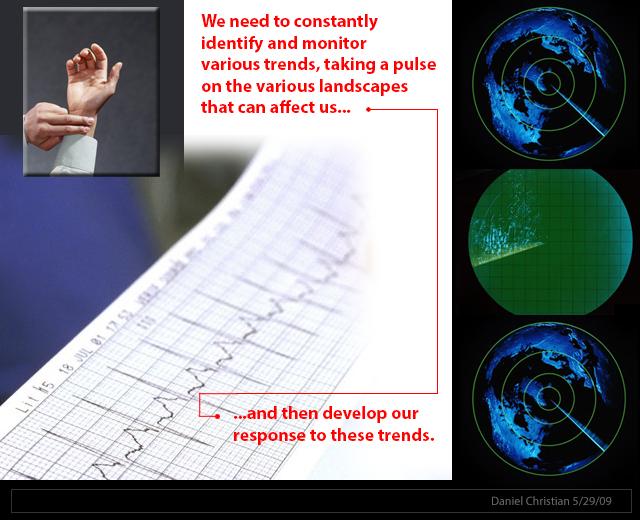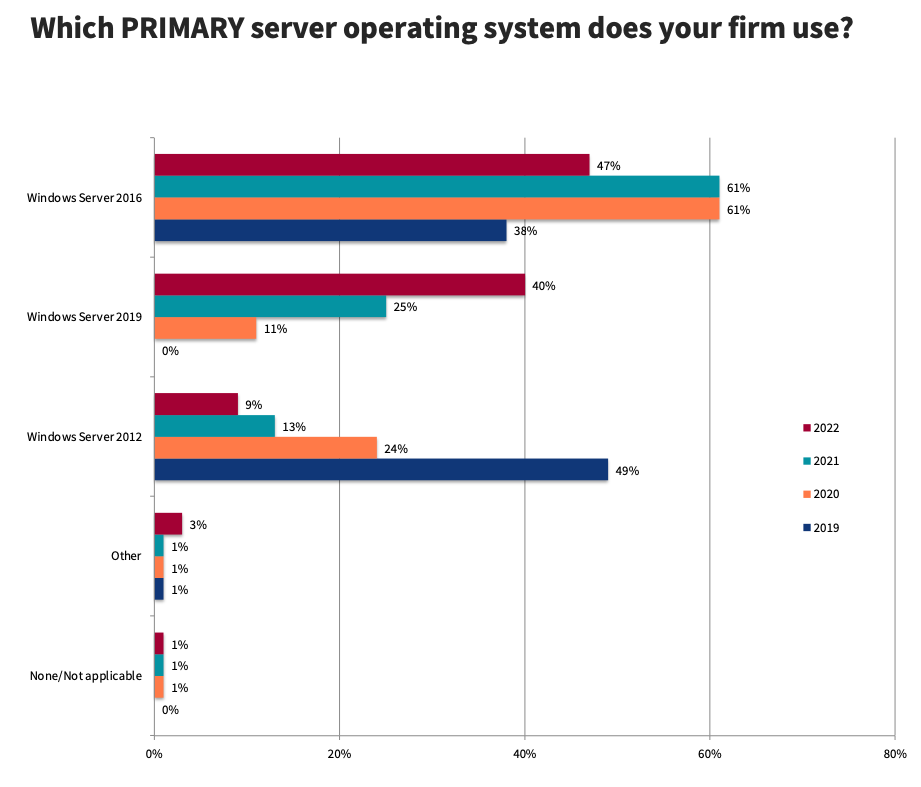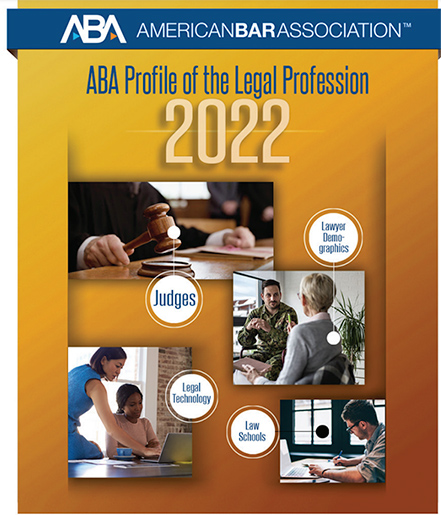The Finalists of the American Legal Technology Awards Are…! — from artificiallawyer.com
Excerpt:
After receiving 225 submissions across eight categories, the American Legal Technology Awards have today announced the lucky finalists. They include a wide range of companies and individuals, ranging from judges, to law firms, to startups and larger legal tech businesses. So, without further ado, here are the finalists in the table below, with three finalists in each category.
Looking For Trouble And Finding It: The ABA Resolution To Condemn Non-Lawyer Ownership — from professionalresponsibility.fkks.com by Ron Minkoff
Excerpt:
At the ABA Annual Meeting last week, the Illinois State Bar Association (“ISBA”), the New York State Bar Association (“NYSBA”), and several ABA entities sponsored Local Resolution 402 (hereafter, the “ISBA Resolution”) in an effort to stop the entire ABA – if not the entire American legal profession – from permitting non-lawyer ownership of law firms, in any form. The ISBA Resolution read as follows:
Teaching (and Pressuring) Law Professors to Teach Technology – Katie Brown (TGIR Ep. 171) — from legaltechmonitor.com by Greg Lambert & Marlene Gebauer
Excerpt (emphasis DSC):
In her view, law professors “are required to educate people so that they can go out into the practice and successfully do that. And so beyond just, rule 1.1 with legal technology and having that competency, for us as law schools, I think we have an ethical obligation to be teaching legal technology.” This approach needs to be embedded into the Law School’s culture, because it costs money, time, and effort to do correctly.
From DSC:
Agree. I completely agree.
Understanding The Justice Gap — from medium.com by Kevin Golembiewski
Excerpt:
The law is a language. Pleading, cause of action, discovery, hearsay, res judicata, statute of limitations, civil procedure. To understand and protect your legal rights, you must learn this language and the complex rules that govern it. Or you must find an interpreter — that is, a lawyer. No different than if you were in a foreign country without an interpreter, if you have a legal problem but no lawyer, you cannot advocate for yourself.
That is the reality for millions of low-income Americans, according to a recent study by the Legal Services Corporation (LSC). About 50 million Americans have household incomes below 125% of the poverty threshold, and 92% of them do not have any, or enough, legal help for their civil legal issues — issues that range from eviction to domestic violence to disability benefits. Those Americans are stranded in the land of the law without an interpreter.
Litera releases The Changing Lawyer Report 2022 at ILTACON — from legalitprofessionals.com
Key takeaways
The five trends to watch, with some representative data points from the report include:
- Allied professionals (process managers, technologists, data analysts, etc.) play a more significant role in supporting law firms and lawyers and enhancing legal service delivery. 83% of lawyers believe that allied professionals make their job easier.
- Automation is everywhere, as law firms turn to AI and other technologies to enhance the speed and accuracy of legal processes across all practice areas. 91% of lawyers expect AI-based document review to become a standard part of most M&A due diligence processes.
- Technology and data improve client service delivery by providing real-time insights about law firm performance, pricing and budgeting, and work allocation. 78% of lawyers agree that technology helps them offer a better client experience.
- Cloud-based solutions are taking over, driven partly by the obvious need for remote and blended workplace access to law firm applications that arose during the pandemic. Leading types of cloud applications that have been moved to the cloud include financial and practice management (64% of firms), document management (53%), portals and intranets (35%), and business intelligence platforms (31%).
- Changing work expectations are a significant driver of technology adoption when lawyer recruitment and retention are challenges for law firms. A new generation of lawyers sees technology as a path to better work/life balance. 53% of lawyers ‘strongly agree’ or ‘agree’ with the statement technology makes my job more enjoyable.















